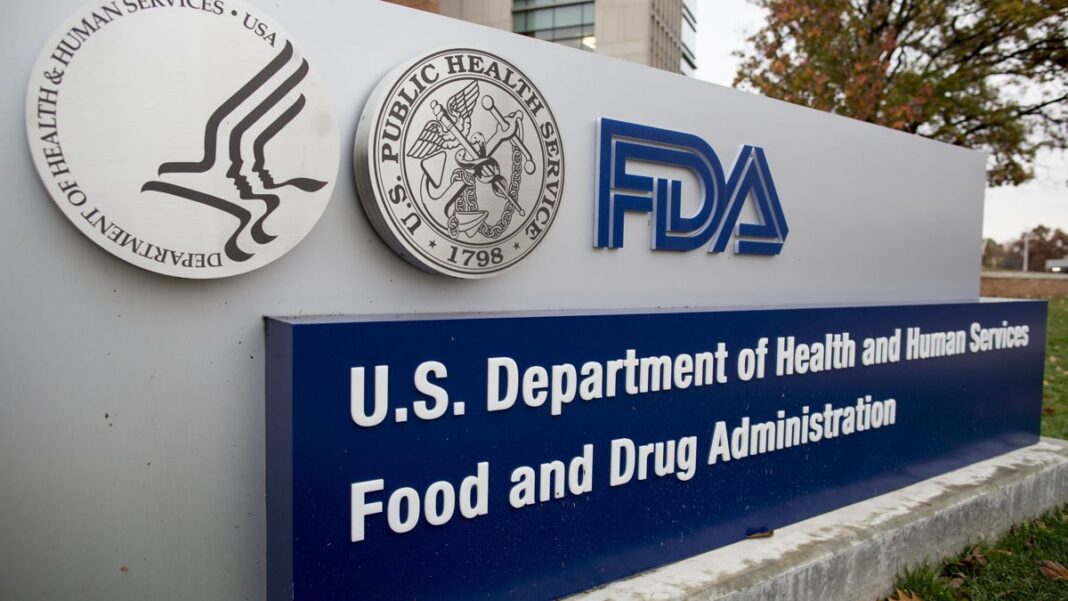Vaccines don’t have to prevent infection or transmission to be cleared in the United States, the country’s top regulatory agency said in a new document.
“It is important to note that FDA’s authorization and licensure standards for vaccines do not require demonstration of the prevention of infection or transmission,” Dr. Peter Marks, a top official at the U.S. Food and Drug Administration (FDA), said in the document.
Marks was writing as he rejected nearly all recommendations from a group of experts that advised the FDA to update the labels for the Pfizer and Moderna COVID-19 vaccines.
Vaccines are traditionally known as drugs that prevent an illness. The U.S. Centers for Disease Control and Prevention (CDC) for years said a vaccine is a product that “produces immunity” while vaccination is an injection of an infectious organism “in order to prevent the disease.” The agency changed its definitions after people correctly noted that COVID-19 vaccines do not prevent infection.
The Coalition Advocating for Adequately Labeled Medicines, a group of experts, had called for the FDA to make clear that the COVID-19 vaccines don’t prevent infection or transmission.
“There is a widespread (but inaccurate) notion that efficacy against infection and transmission have been established by substantial evidence, and that these vaccines contribute to herd immunity,” the group said, pointing to claims from President Joe Biden, the head of the CDC, and Dr. Anthony Fauci that vaccinated people would not get sick or infected.
Biden, for instance, falsely said in 2021 that “you’re not going to get COVID if you have these vaccinations.”
“To remedy this situation, language clarifying that phase III trials were not designed to determine and failed to provide substantial evidence of vaccine efficacy against SARS-CoV-2 transmission or death must be added to labels,” the coalition said. SARS-CoV-2 causes COVID-19.
While it’s uncommon to include in product labeling what a product has not been proven to do, there are cases where it’s necessary due to inaccurate assumptions, the coalition said. They pointed to the FDA stating that the influenza medicine Tamiflu “has not been shown to previous serious complications of influenza” after the drug’s manufacturer said it reduced complications by nearly half.







